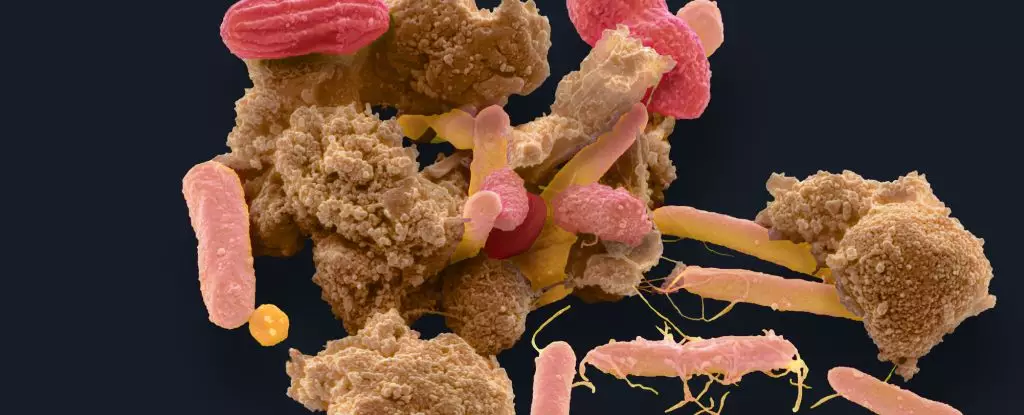Inside each of us lies a bustling metropolis of microbes—a hidden ecosystem playing a crucial role in our overall health. This vibrant community, known as eubiosis, exists in a delicate equilibrium, offering everything from digestion to immune support. However, this fragile balance can easily tip into chaos due to a myriad of factors—antibiotics, unhealthy diets, and illnesses, creating a breeding ground for a host of health issues. The repercussions can be far-reaching, leading to digestive disorders, autoimmune diseases, and even cognitive impairments. This realization has sent researchers and health enthusiasts racing towards an experimental solution: faecal microbiota transplantation (FMT).
The Allure of Faecal Transplants
For those unfamiliar, FMT consists of transferring the stool from a healthy donor into the gut of a recipient in hopes of reestablishing beneficial bacteria. Often playfully dubbed “crapsules,” these capsules are presented as miracle cures for conditions including irritable bowel syndrome, obesity, Type 2 diabetes, and even Parkinson’s disease. The underlying principle is simple: by restoring microbial diversity, one can unlock the hidden potential of the gut, leading to improved health outcomes. However, while preliminary results were promising, a recent study published in *Cell* has raised alarming red flags.
The Dark Side of Mismatched Microbes
The recent findings underscore a critical dilemma: the concept of “microbial mismatch.” In the context of FMT, this term refers to the dissonance that can arise when a recipient’s gut milieu fails to harmonize with the donor’s microbial community. Think of it as an organ transplant where the recipient’s immune system rejects something that was supposed to be life-saving. However, the implications of such mismatches can extend beyond immediate discomfort; scientists have discovered that these mismatches fundamentally disrupt metabolism and immune responses, potentially ushering in a cascade of long-term health complications.
In a series of experiments on mice, researchers induced a disturbance in the gut microbiome using antibiotics, followed by the administration of fecal transplants. The results painted a troubling picture: the transplanted microbial communities often manifested regionally unsuitable bacteria, ending up in parts of the gut where they simply didn’t belong. This misplacement not only altered the composition of gut microbes but also affected critical biological functions, leading to significant lasting changes in gene expression related to metabolism and immunity.
The Call for Caution
The research raises pressing questions about the safety protocols surrounding FMT, suggesting that medical professionals should tread carefully regarding dosage, timing, and monitoring of side effects. While the promise of healing through fecal transplantation is undeniably exciting, the internal chaos it can potentially unleash should not be overlooked. As discussions around these implications gain traction, it becomes essential for practitioners to balance hope with caution.
Innovative Alternatives on the Horizon
In light of these findings, the scientific community is exploring innovative alternatives that could mitigate the risks associated with traditional FMT. A newer method dubbed the “omni microbial approach” takes a broader perspective by transferring microbes from various sections of the intestinal tract, helping to restore a more comprehensive and cohesive gut environment. Additionally, pioneering techniques aimed at “terraforming” the gut are being developed. By selectively introducing beneficial microbes to specific gut regions, researchers aim to create a more functional microbiome devoid of the mismatches that have plagued conventional procedures.
In this evolving landscape of gut health, one thing is clear: while faecal microbiota transplantation has garnered significant attention, it is not devoid of risk. With alternatives emerging, the pursuit of gut health is far from over. The hope is that a balanced approach will lead us to effective, safe microbiota therapies that avoid the pitfalls of mismatch-induced chaos.



Leave a Reply